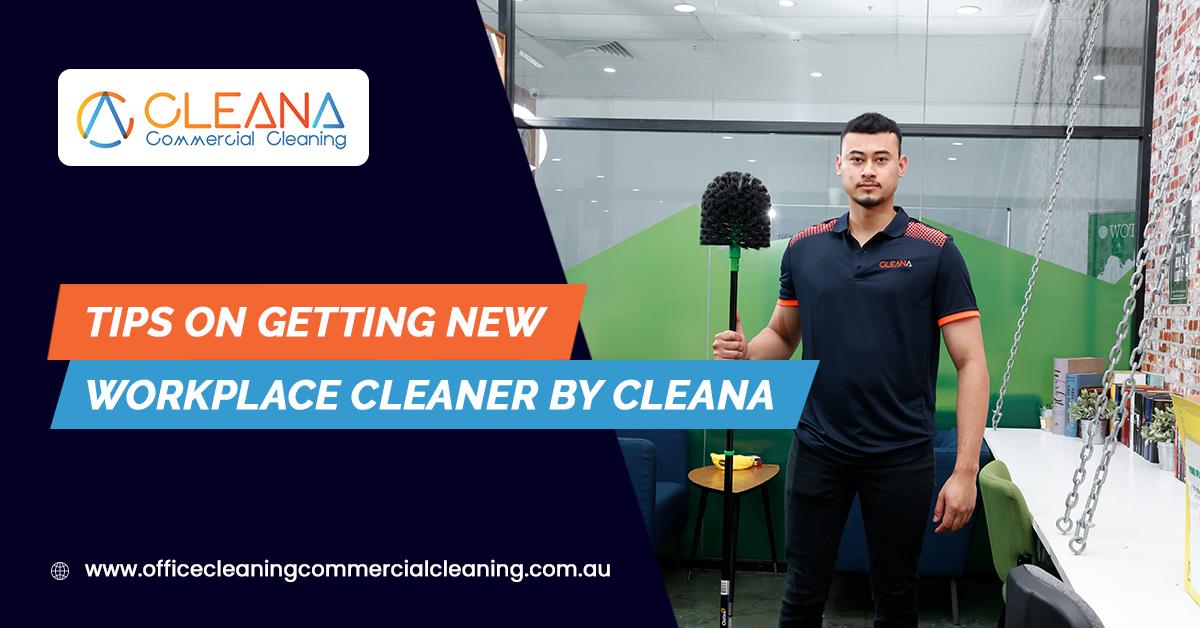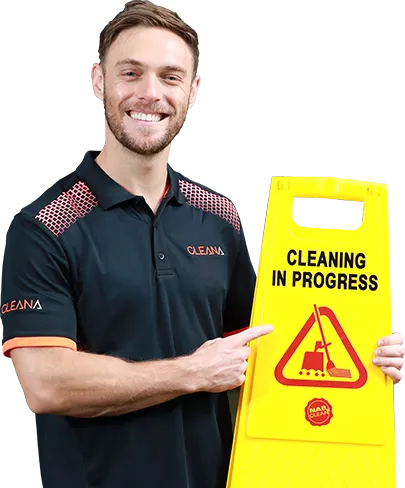Office cleaners are those companies that clean offices on a day-to-day or weekly basis. They can be hired for general office cleaning as well as complex cleaning needs. They provide their services to large business establishments as well as individuals. commercial cleaning firms are generally hired by large businesses and government offices to do the job.
Cleaners provide sanitary facilities such as sinks, toilets, showers, toilets, washing stations, kitchen cabinets, etc. They do the job according to the contract.
Most commercial office cleaners have been in the business for many years and have acquired the necessary skills to perform sanitary duties.
Cleaners have been categorized into four types namely, personal cleaners, janitors, domestic cleaners, and professional cleaners.
An office cleaner, you might ask, would not be able to do the cleaning if he/she does not have some qualifications. Qualifications may include a high school diploma or GED.
An Office Cleaner you hire must be a reliable one because he/she will be dealing with trash bins, window cleaners, and receptionists. An Office Cleaner, you may say, may just be a helper but it would be better if he/she shows some more professionalism.
There are some standards that a cleaner should possess to be considered an efficient and competent cleaner. Office Cleaners should be trained for some particular tasks that include carrying out Janitorial duties, trash removal, broom work, flooring taping, ceiling cleaning, carpet cleaning, etc.
High-standard cleaners have the necessary qualifications to carry out the job duties with efficiency and effectiveness. Some of the qualities that make up a high-standard cleaner are honesty, reliability, punctuality, courtesy, diligence, responsibility, and an excellent work attitude.
Office Cleaning requires proper training and qualifications. The qualifications should be acquired through classroom learning, on-the-job experience, and a combination of both.
Basic requirements for an Office Cleaner job description include a high school diploma or GED a clean and tidy working environment some basic sewing skills a positive attitude towards all kinds of people ability to handle time efficiently ability to follow directions and instructions and the capability to follow job duties.
Some of the jobs or responsibilities that are typically included in an Office Cleaner position are: sweeping, mopping, vacuuming, degreasing, dusting, and scrubbing.
Some offices or workplaces may specify that specific employees should perform certain duties. For example, some workplaces may specify that a janitorial employee should perform certain duties like sweeping and mopping the floor.
These duties are typically associated with certain janitorial services such as floor cleaning or carpet cleaning. Thus, the duties s or job description for an Office Cleaner position will vary depending on the workplace or company that you are working for.
Another important consideration when looking at the job of an office cleaner, you should think about what kind of tasks you would be doing or having to do in your day.
For example, if you were expected to perform mowing and trimming lawns, then you should look at the job description carefully to see what specific duties accompany these duties.
You also need to determine how often this job would be performed. If it is expected to be performed numerous times during the week, you can expect to make much more money as an office cleaner than if you were only required to perform these duties on occasion.
Office Cleaners can make a good income if they have a steady job and can perform their duties satisfactorily.
You need to ensure that the job description given to you includes the duties that are typically required of you as an Office Cleaner.
You may also need to obtain a formal education in high school to participate in this job. Even though many individuals have an interest and natural passion for this field, there is not much risk involved with being an Office Cleaner if you don’t have any formal education.
Most offices actually prefer to hire individuals that have some sort of formal education or training before hiring a Sydney office cleaning company. Although this can be costly, the benefits of obtaining formal education are well worth it when you consider the job prospects.
Getting office cleaners to be ISO safety training courses should be conducted by those organizations which specialize in the cleaning of such facilities and their management.
ISO certification is a way for employers to ensure that their staff is equipped with the proper knowledge and skills required to safely work within the confines of any commercial, institutional, or government institution.
By training staff in the use of equipment as well as procedures associated with it, employers can protect themselves as well as their employees from the hazards of hazardous work environments.
Regarding the training courses, it is recommended that an organization only engage in ISO-certified standards. This will help ensure that the staff employed in the organization are equipped with knowledge about the particular equipment used within the workplace.
The certification of a particular course enables employers to conduct their business more effectively as well as safely and helps to protect both the workers and the organization.
An ISO office cleaner training course should consist of a set number of lessons. The number of lessons varies according to the nature of the course. For example, there are some training courses that can last up to three days, while others can be completed in less than a week.
It may also depend on whether the course is being conducted by a group of individuals or an ISO-certified instructor. One of the most popular training courses is the one which allows for the students to go straight into the employment of a commercial cleaner.
The training provided during an ISO office course will consist of several lessons. Some of these lessons will involve the theoretical aspects of the training and the practical aspects of the training.
Some lessons will teach you how to use certain equipment. Some lessons will teach you about safety procedures. The final lesson will teach you about the disposal of hazardous substances.
When you enrol in an ISO training course, you will be taught to use handwashing facilities, chemical storage containers, and sinks. You will be taught how to use vacuum cleaners, dust collectors, and sweepers appropriately.
In addition, you will be taught how to safely handle various cleaning fluids, such as vinegar and muriatic acid. This is of vital importance because many of these hazardous fluids can cause severe illness if handled incorrectly.
The use of proper equipment during an ISO course can help prevent injuries caused by improper cleaning techniques. For instance, when handling cleaning fluids and chemicals, the hands must be adequately cleaned using hand washing stations and other devices.
Likewise, the face and eyes of a person must be protected from the effects of chemicals when they are not in use. The use of eye protection will help protect the eyes from the effects of the chemicals as well as keep the face of the subject clean and free of contamination.
An ISO training course can be divided into practical and theory sessions. The practical sessions of such courses allow the trainees to learn how to use the different types of products that are offered by ISO.
The theory part of the training course, however, deals with issues, such as the design of various cleaning solutions that can effectively clean commercial and residential spaces.
The practical portion of the training course involves learning how to properly use cleaning equipment. This includes learning to use floor buffers, sprayers, and vacuum cleaners.
ISO office cleaner training is a great way to increase your employability. This is particularly important for those seeking employment in regulated areas by the United States Environmental Protection Agency or EPA.
Such laws include those that deal with the use of pesticides, as well as those that deal with the environment of buildings and offices. Learning how to properly use equipment can make such regulation much easier.

